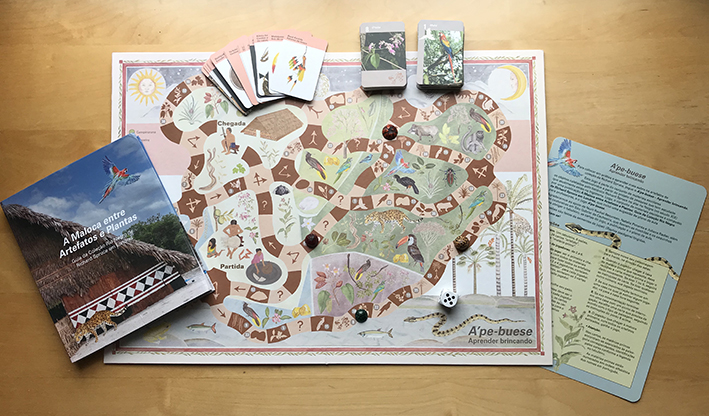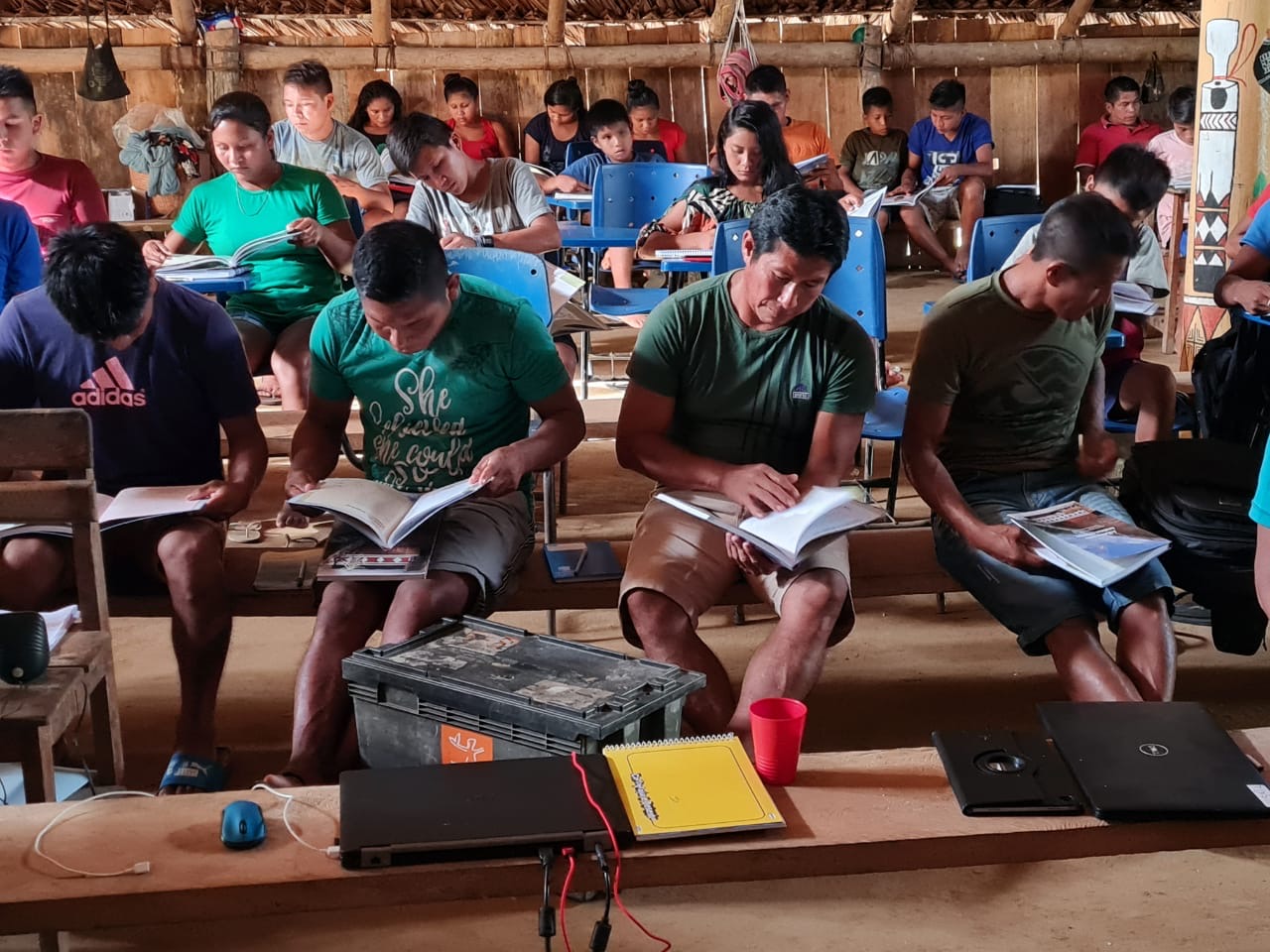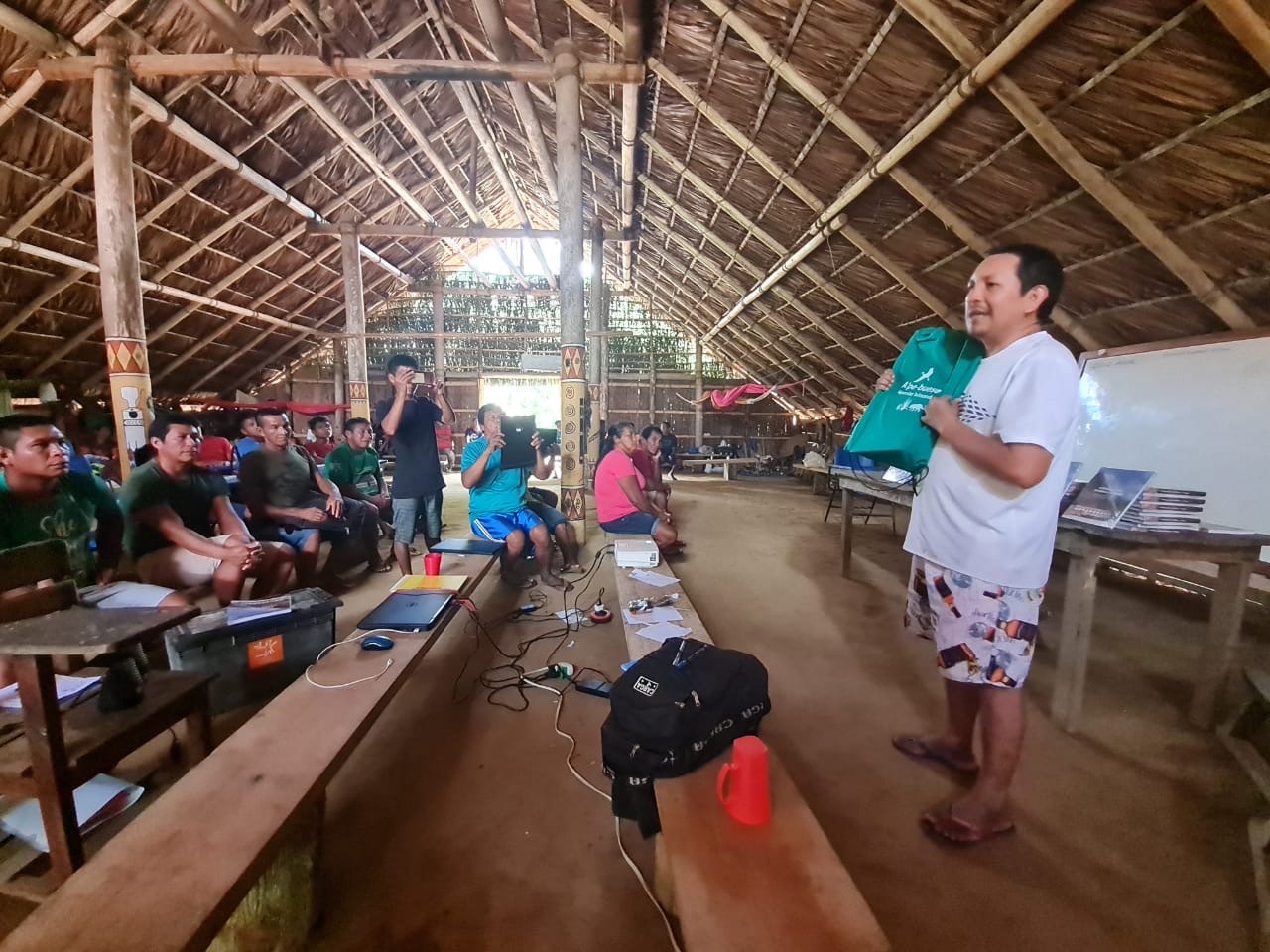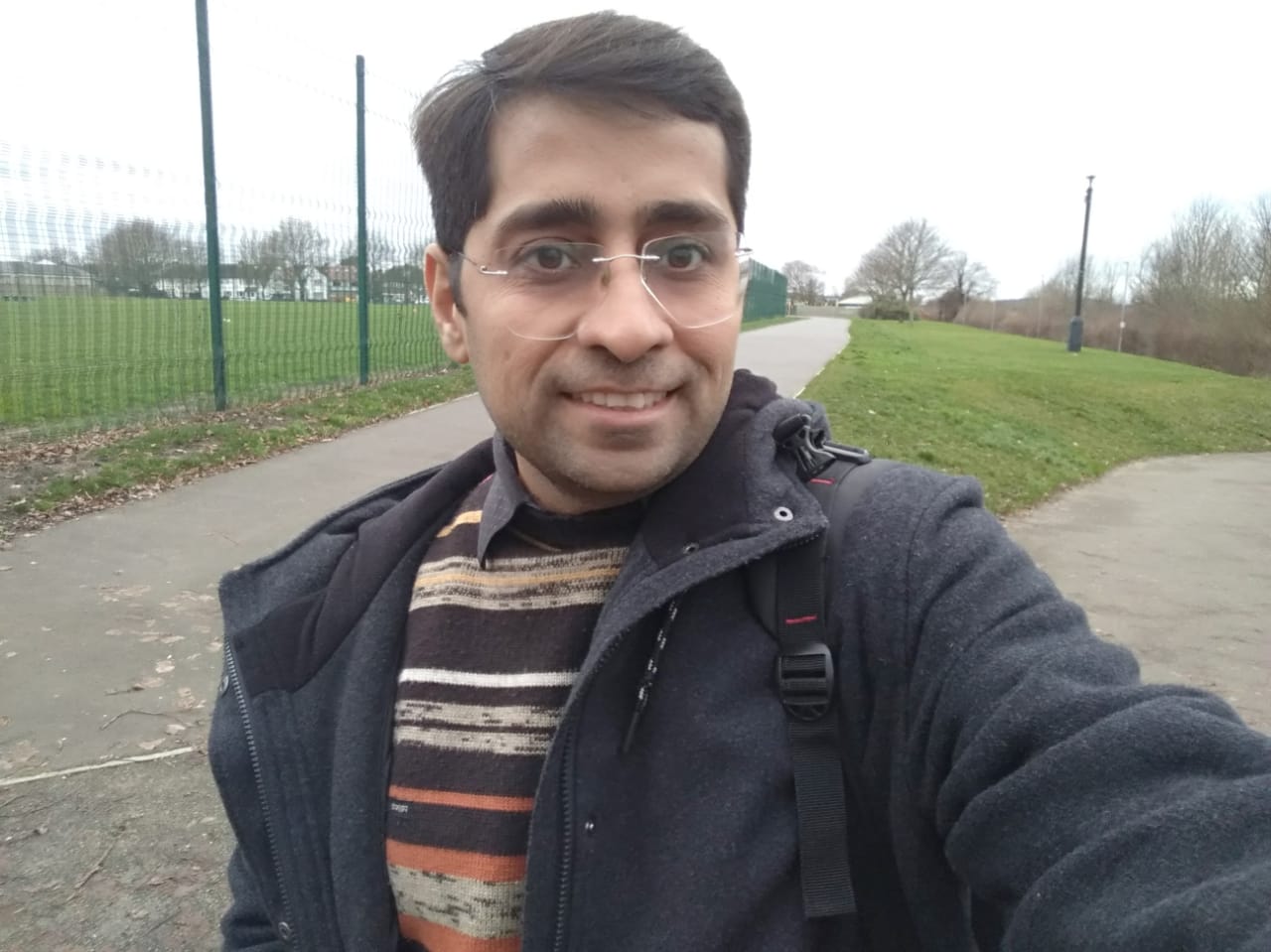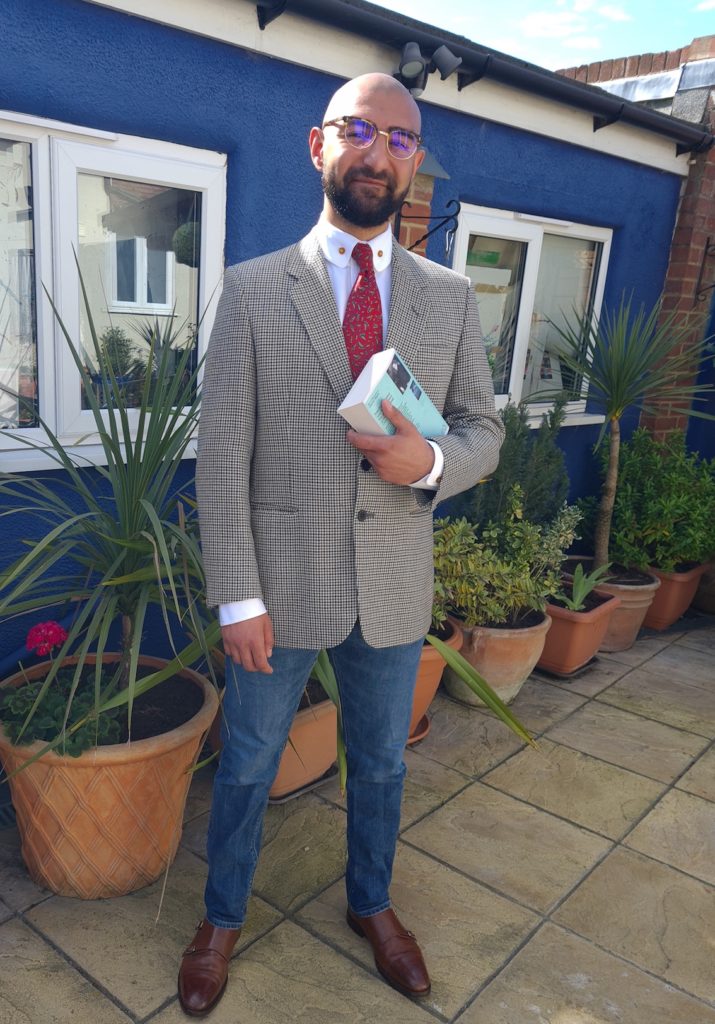Nick Townsend graduates this week with a BA in History after returning to education in his 50s. We spoke to Nicholas about how he balanced his studies with work, and what he would say to someone considering a degree later in life. #BBKgrad
 Before Nick embarked on his degree at Birkbeck he was an advocate for education, at every stage of life, and he put this into practice with his work with Unite, a British trade union organisation that seeks to serve the rights of workers. “I volunteered at the Heathrow branch where we have 300 members who are mainly London black cab drivers and Heathrow airport staff. We helped them with queries or issues, computer literacy, and ran Spanish classes members who were looking to move abroad.”
Before Nick embarked on his degree at Birkbeck he was an advocate for education, at every stage of life, and he put this into practice with his work with Unite, a British trade union organisation that seeks to serve the rights of workers. “I volunteered at the Heathrow branch where we have 300 members who are mainly London black cab drivers and Heathrow airport staff. We helped them with queries or issues, computer literacy, and ran Spanish classes members who were looking to move abroad.”
Driven by a lifelong love of history and access to a Unite union member’s discount of 10% off each semester, Nick decided to take the leap into higher education in 2017 to learn more on the topic. He recalls the first time he set foot into the marbled halls of Senate House, as like “a Hollywood film moment, when the camera zooms back in and I thought to myself, what have I got myself in to? It really was quite an intimidating process.”
Despite the initial adjustment to life as a student, father and volunteer with a day job, he was able to establish a whole new routine which meant that three months in he was used to his busy schedule. He cites his prior responsibilities as part of the reason why he chose Birkbeck in the first place, “I couldn’t study during the day and Birkbeck had an extensive evening learning programme that was perfect for me.”
As an avid reader and writer in his spare time, Nicholas had no trouble adapting to the rigorous reading schedule, however he did struggle slightly with punctuation and grammar which he was able to address quickly after his tutors pointed him towards the Study Skills support available at the College.
Nicholas enjoyed delving into discussions about colonialisation and what effect it has had around the globe in his seminars and being able to share his opinions and views with his fellow students who were diverse and brought “a whole range of ideas” to the table. One aspect he particularly enjoyed was the Healing, Health and Modernity in African History module and the perspectives it offered on the effects of western medicine being imposed on indigenous cultures Dr Hilary Sapire, Reader in Modern History in the Department of History, Classics & Archaeology, who he says, “made the subject very interesting as she brought her own life experiences as a South African to her teaching of the subject.”
In his final year, Nick was able to explore his interest in social history and wrote his dissertation on the impact of Jamaican music on British culture from 1962-1983. He hopes that topics like these will become more commonplace in discussions of British history and that the subject will become more accessible in the media.
In the future Nick is open to further study, but in the short term he is hoping to begin a career in teaching at a secondary school where he can hopefully inspire young people to engage with the past.
When Nick reflects on how he achieved his academic ambition he boils it down to “time management and tenacity” and would say to someone doing the same to “not be too shy to speak in class, it’s the hardest thing to express what you want to say but it’s what you are there to do. Ultimately, if you don’t try, you will never know.”
FURTHER INFORMATION
